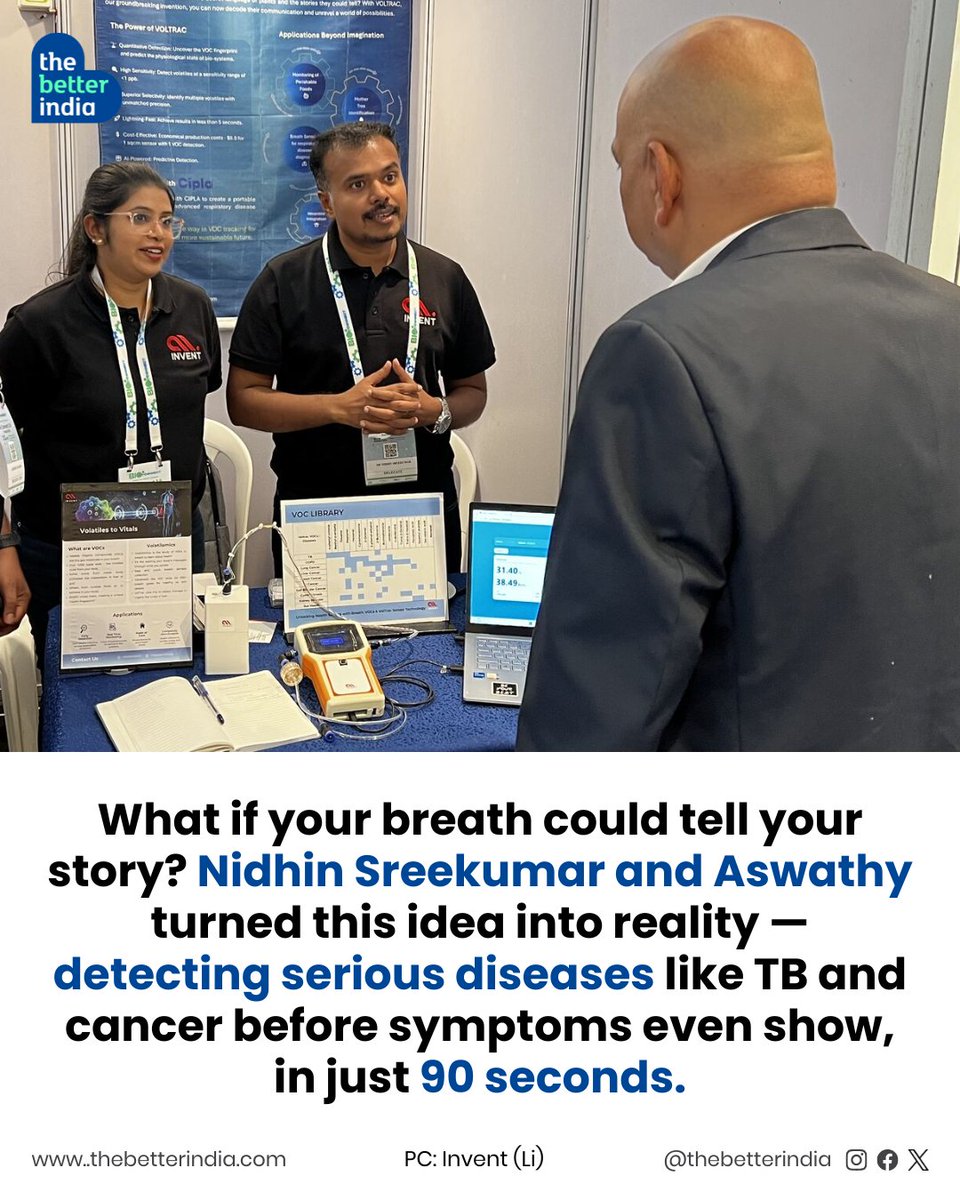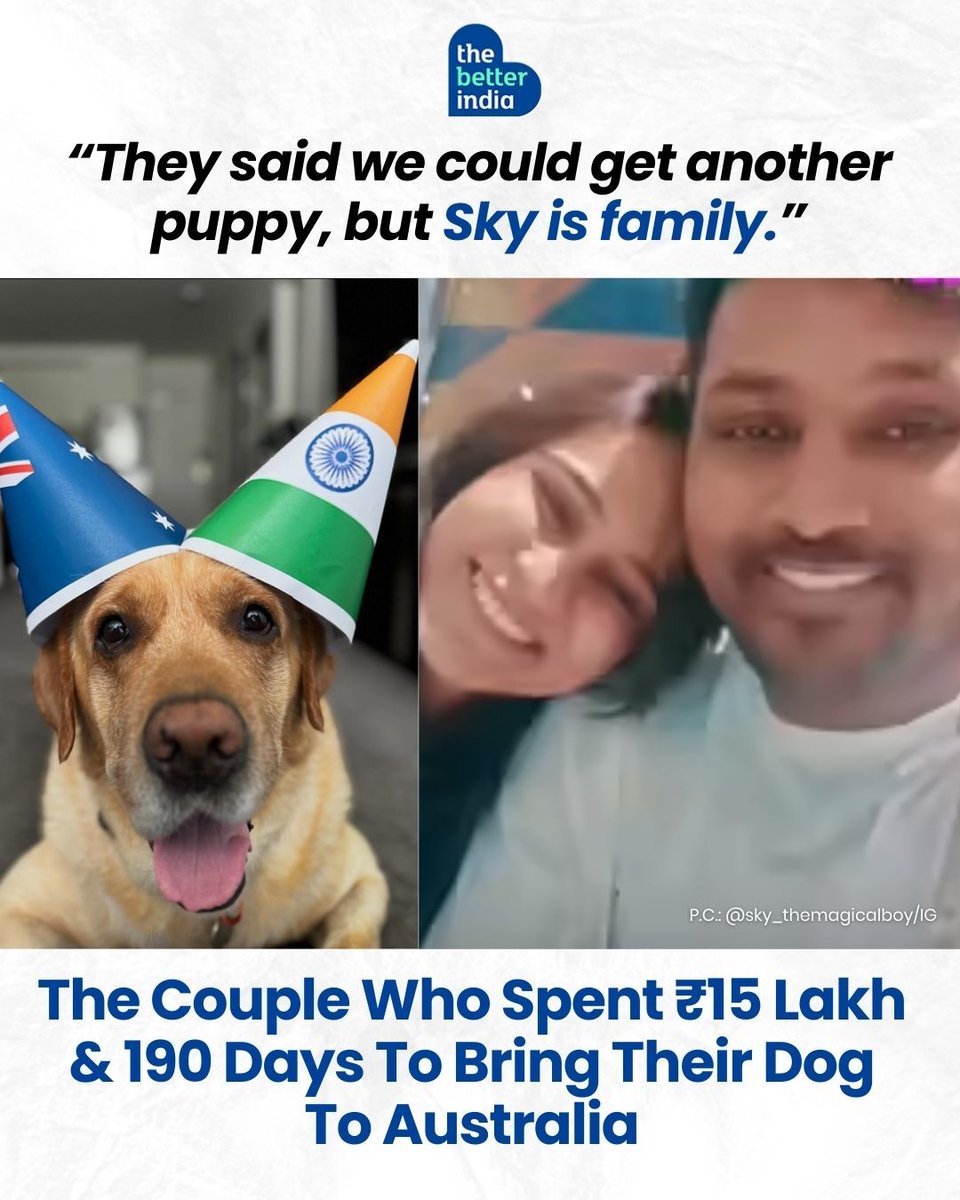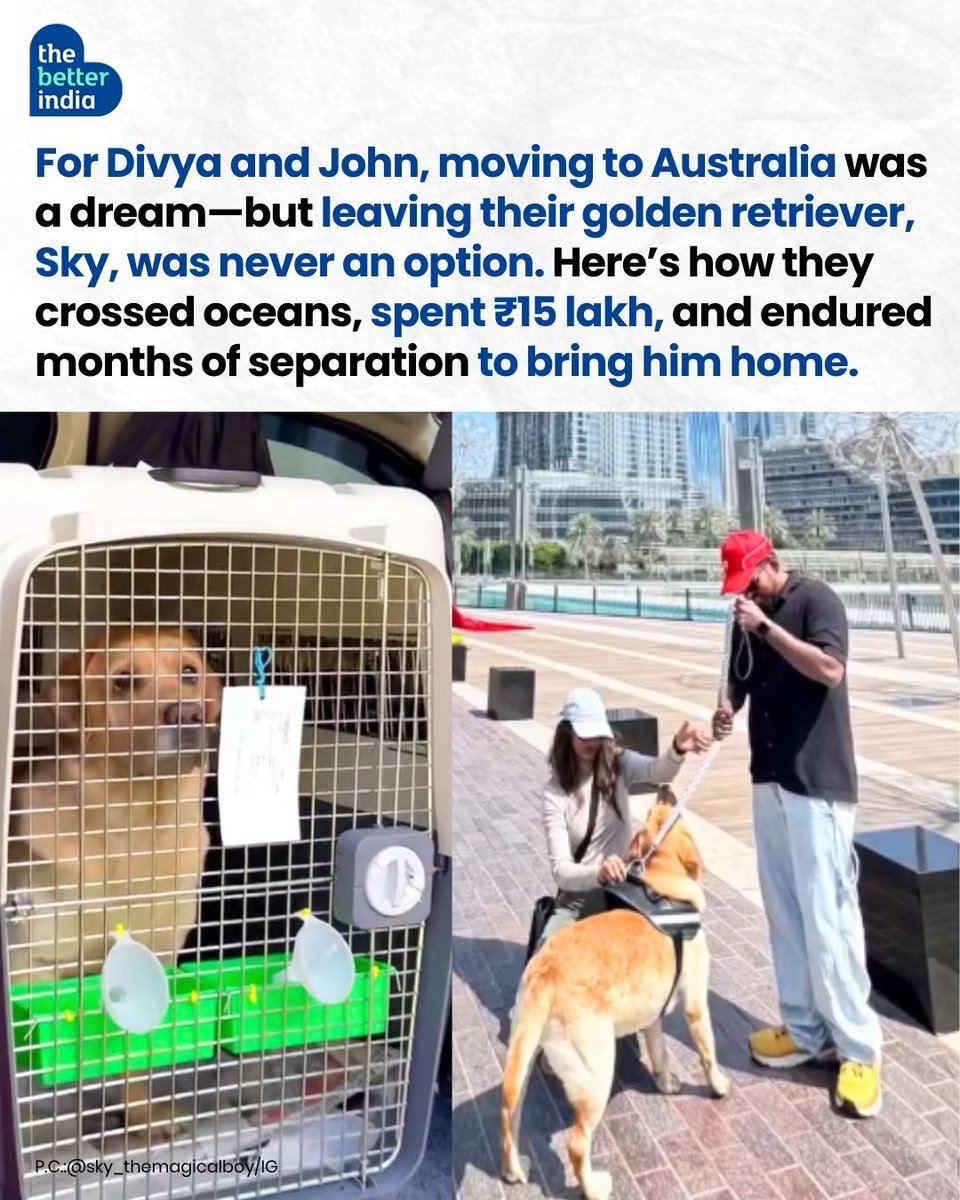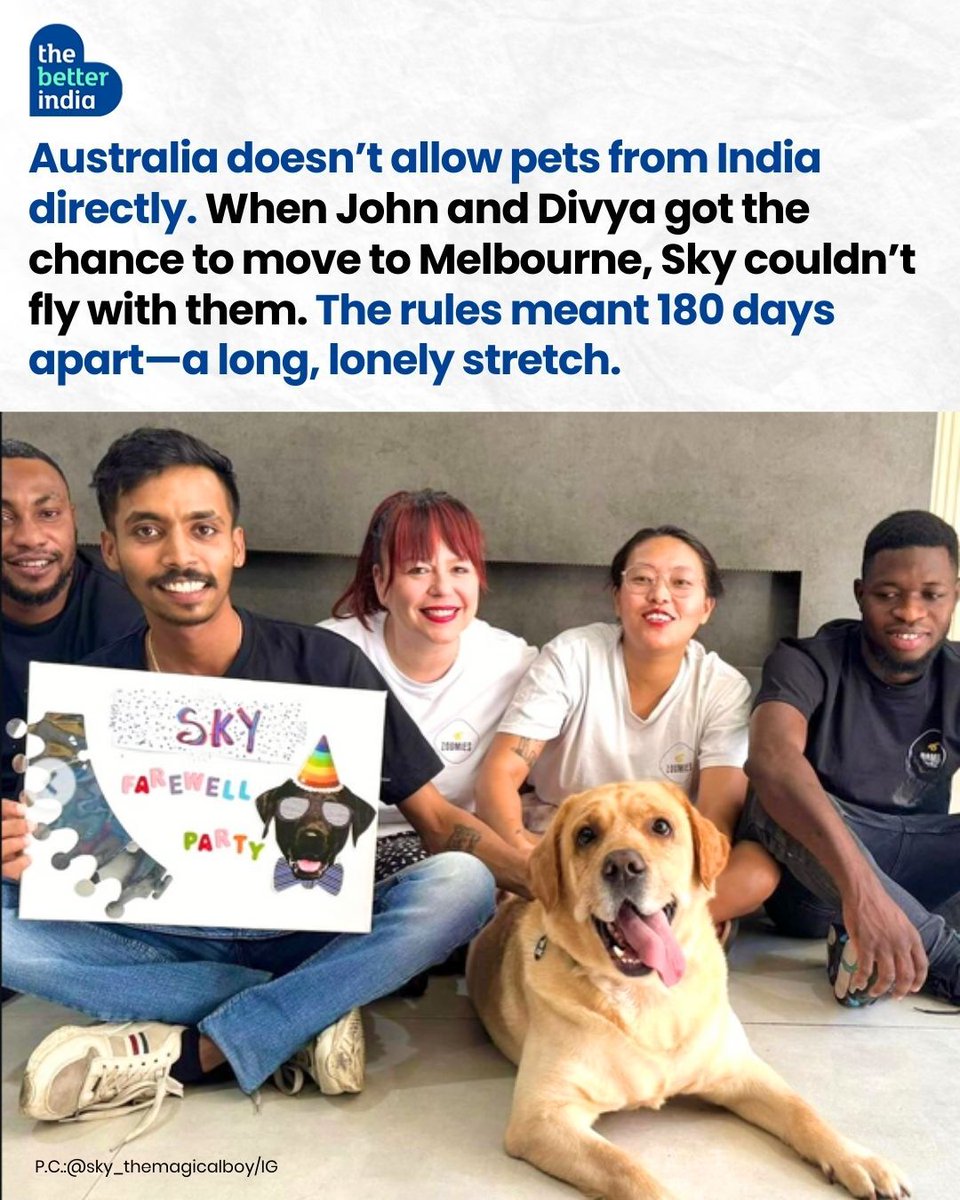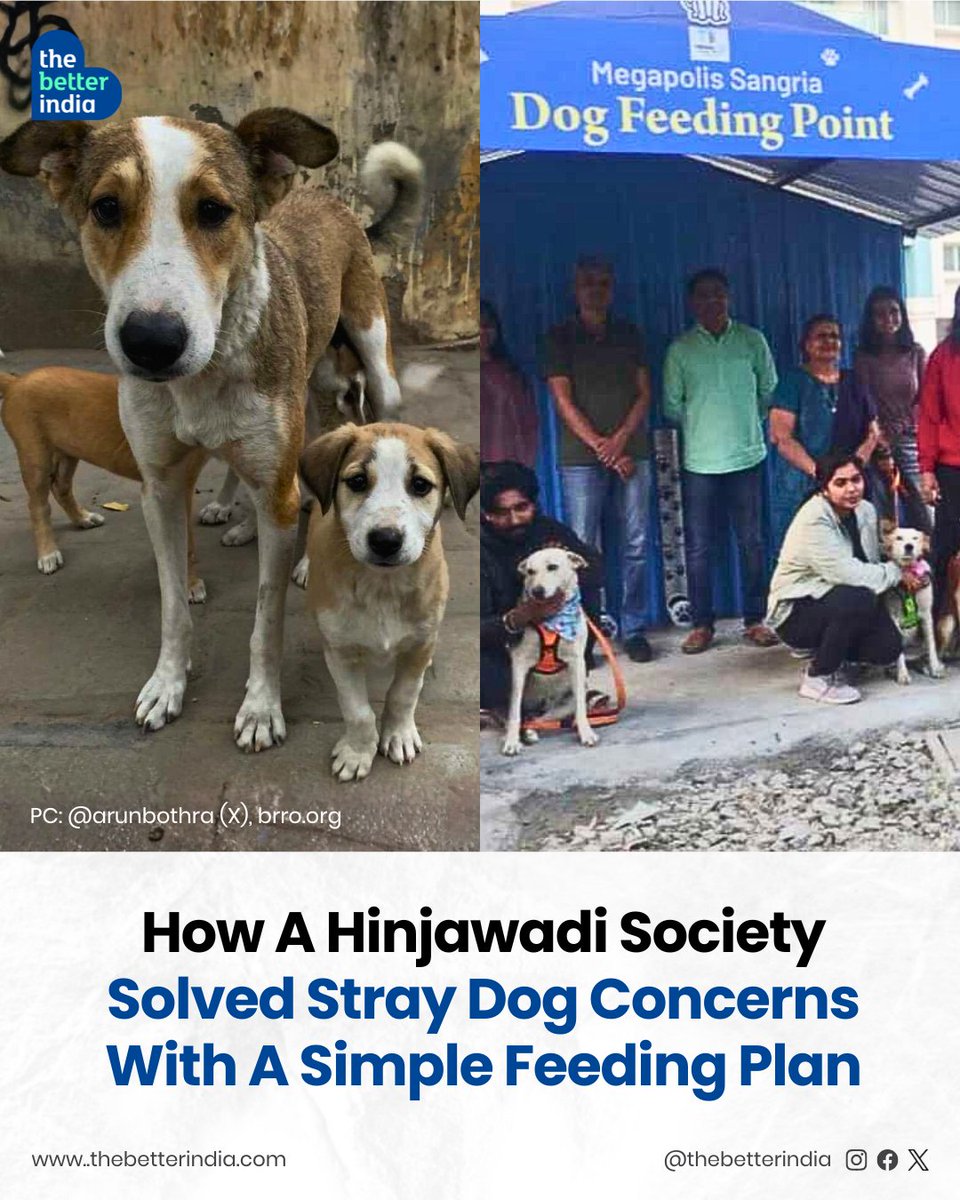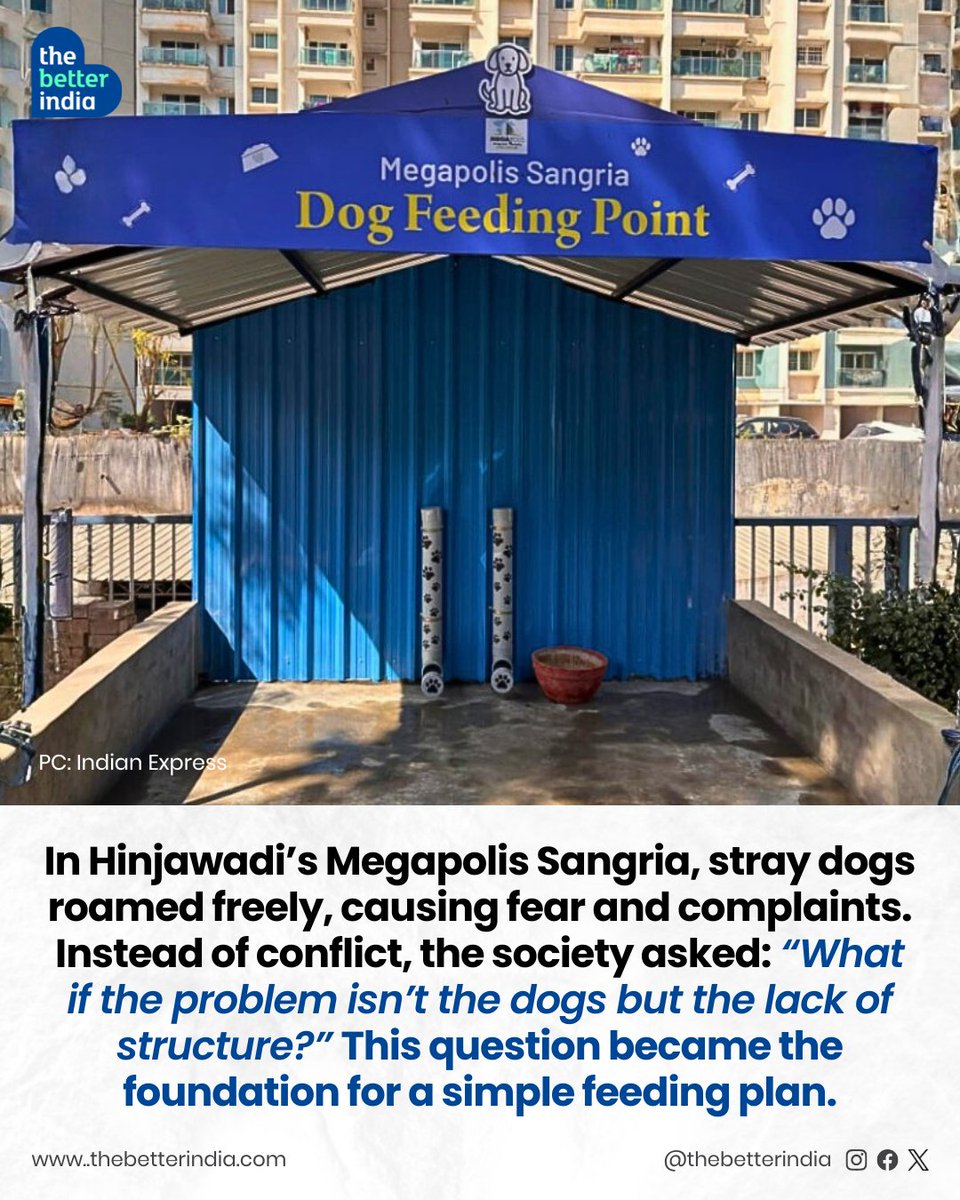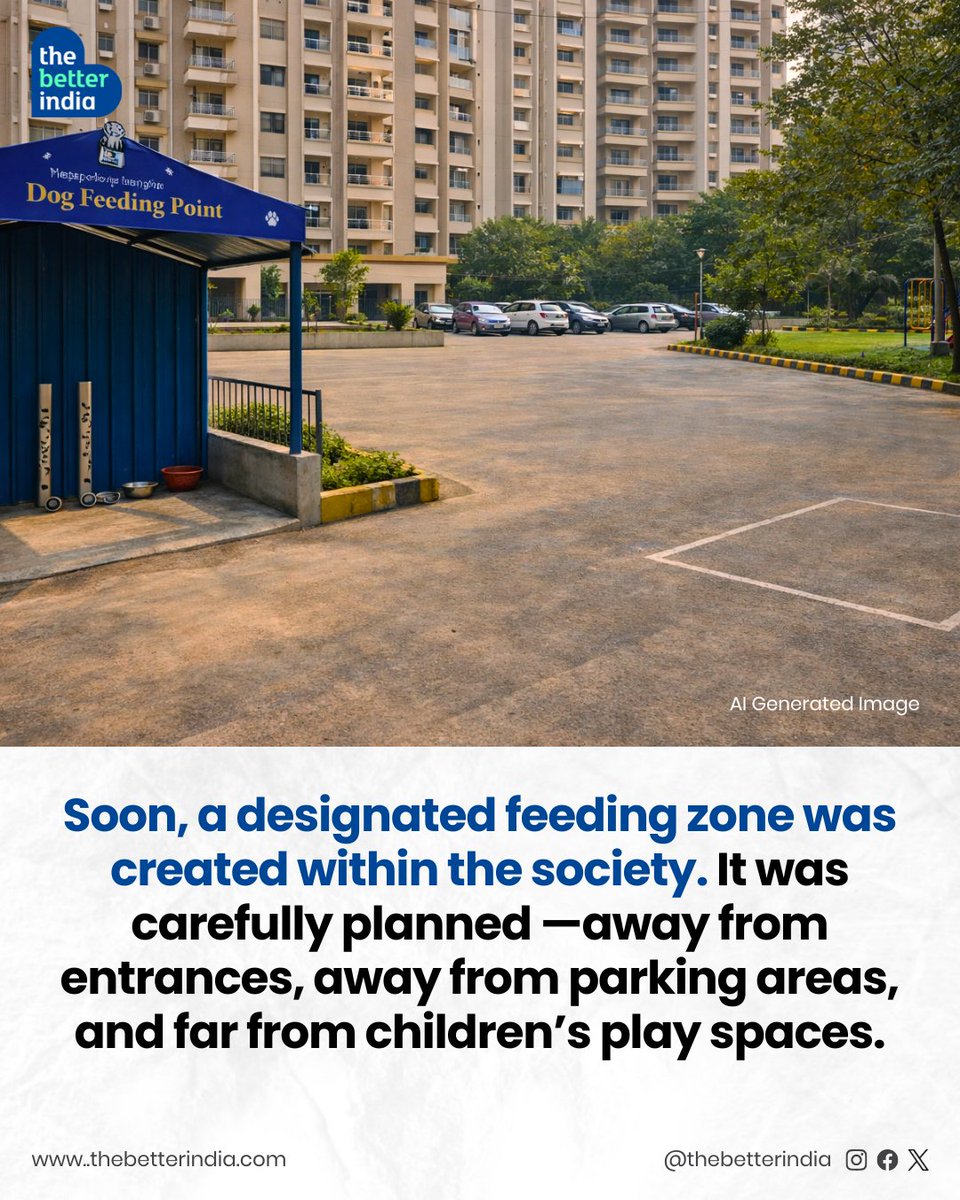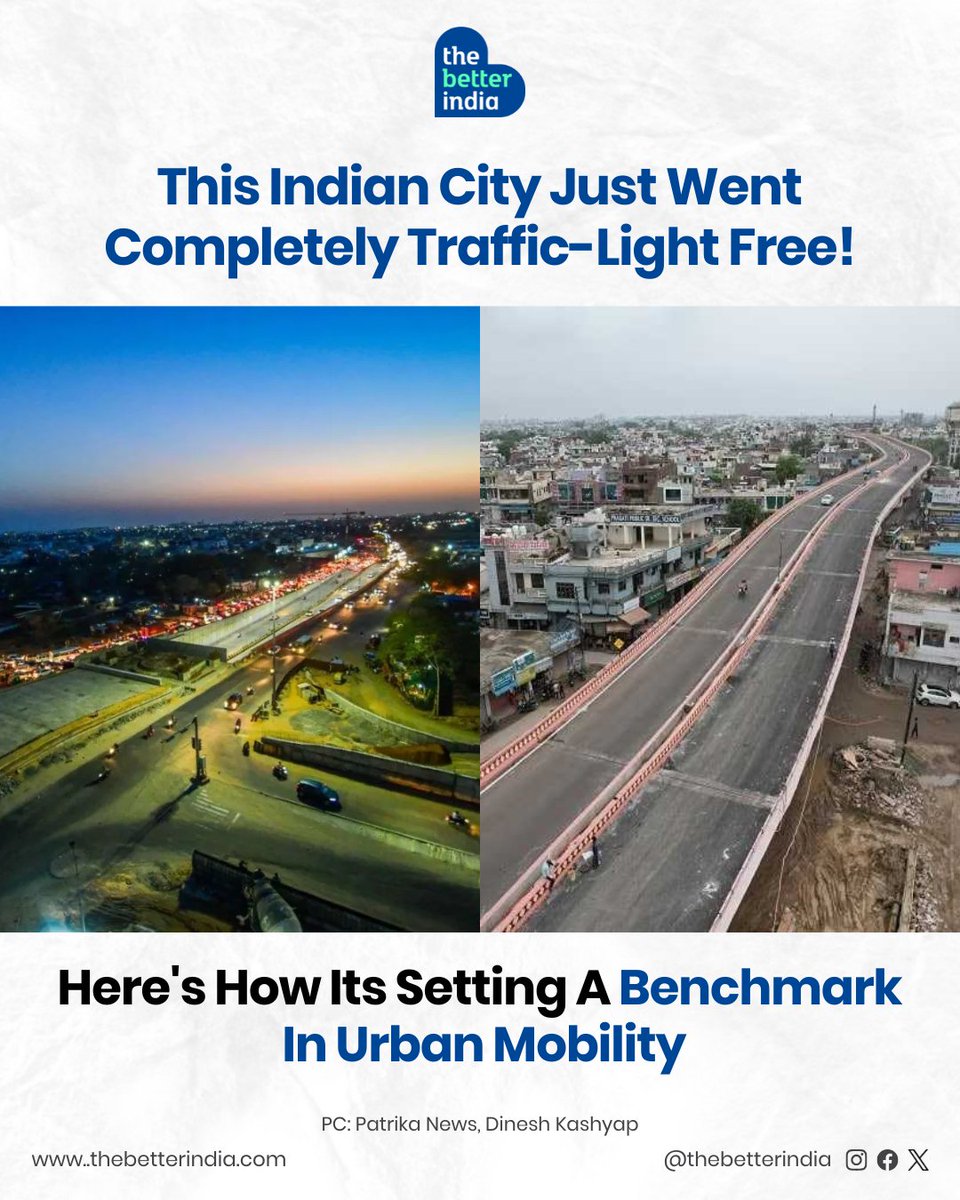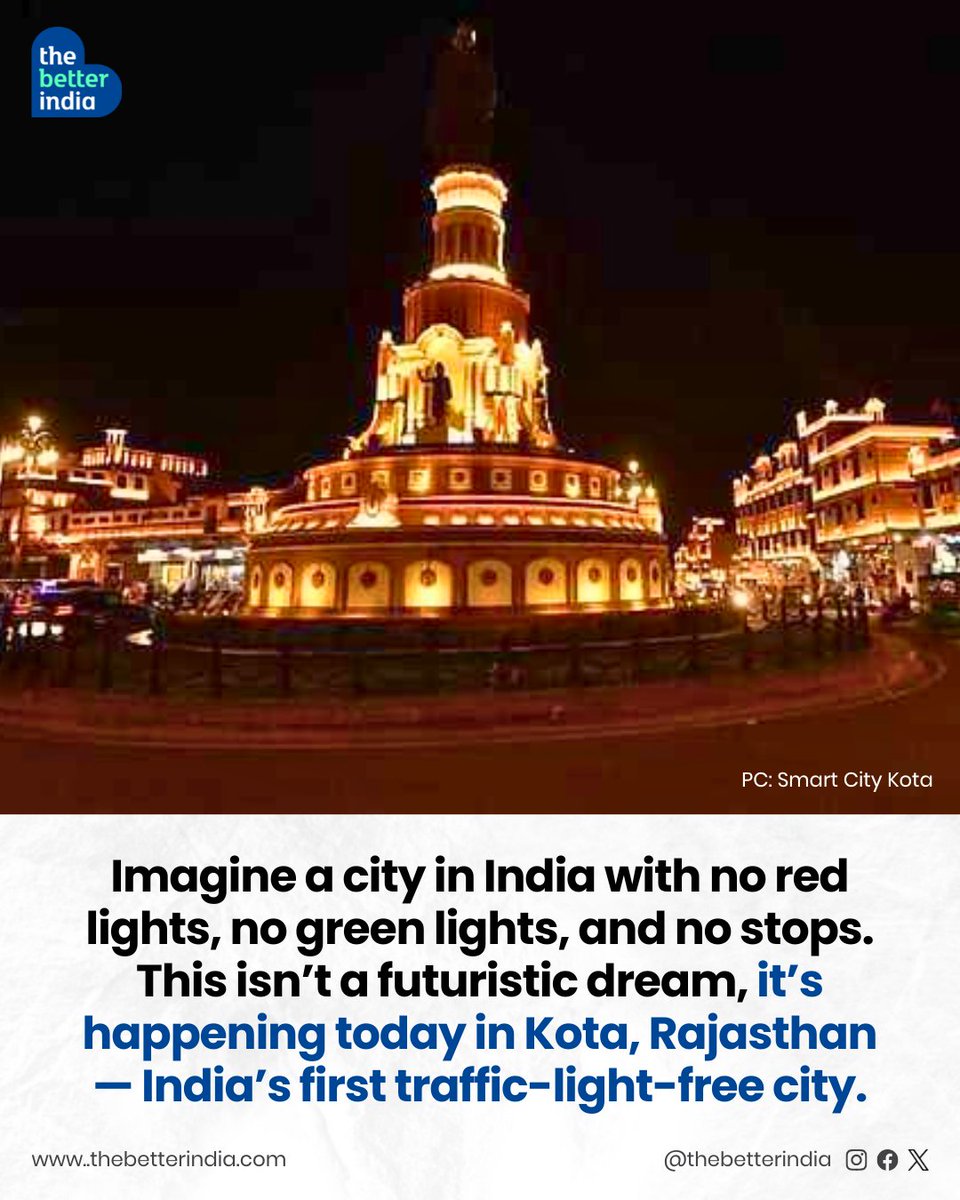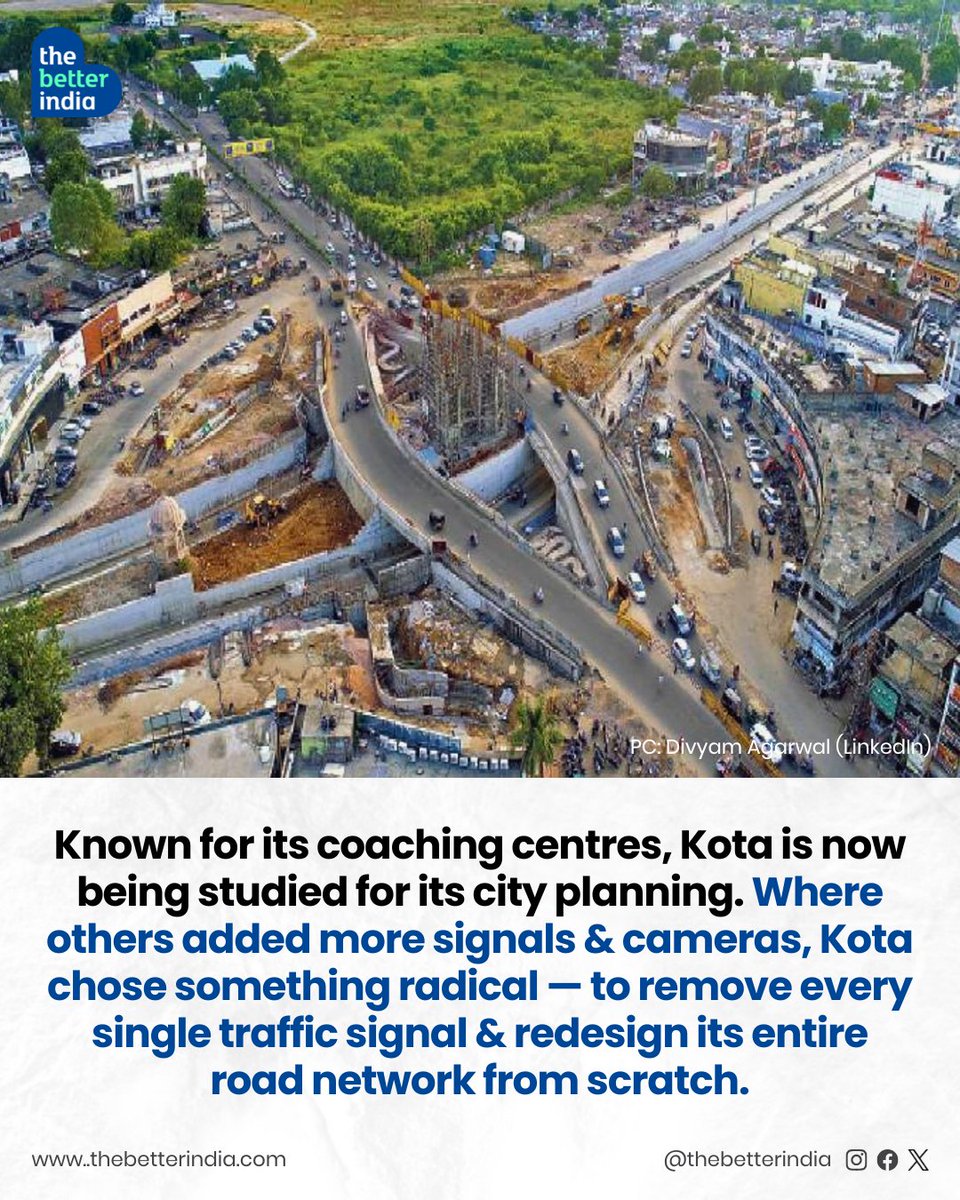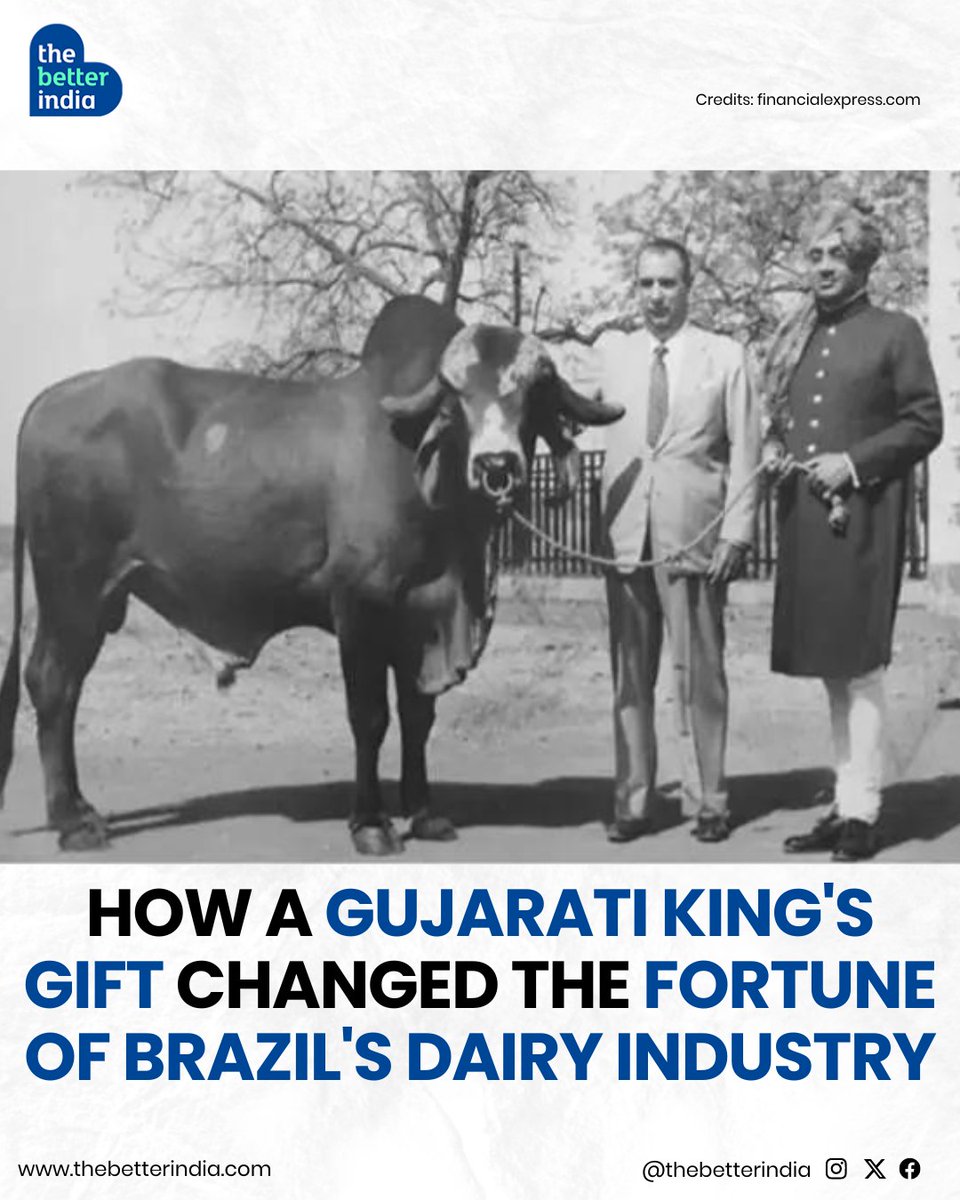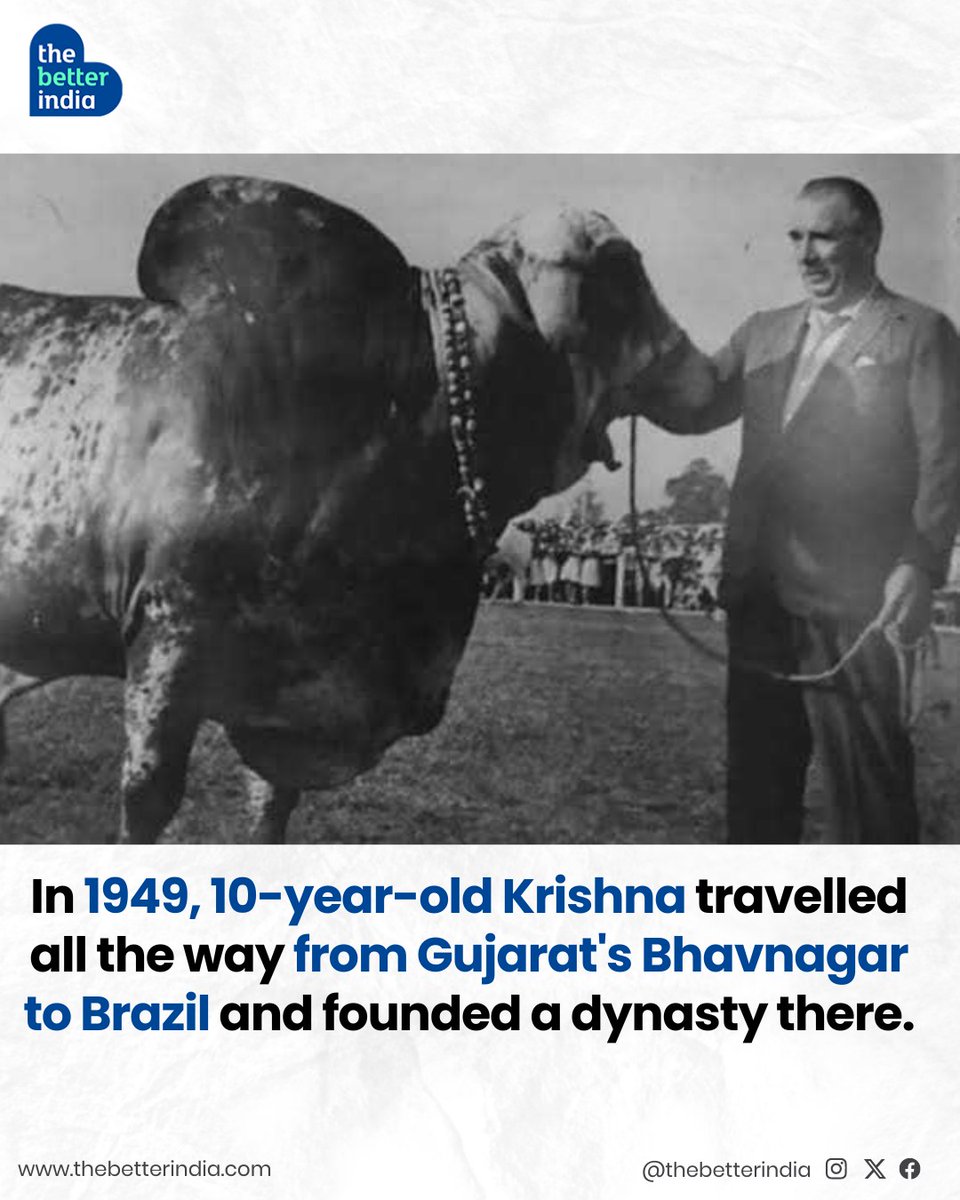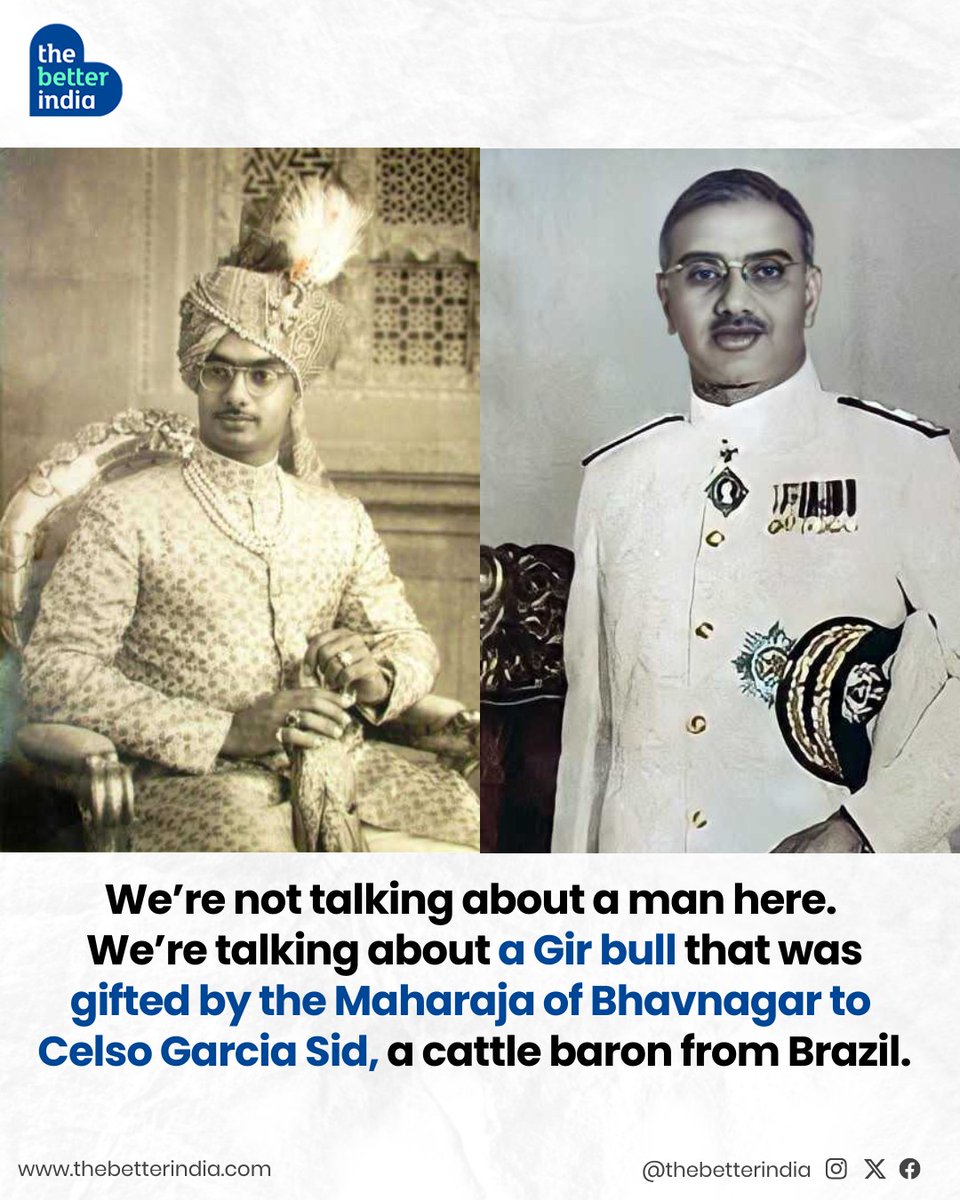I was both excited and embarrassed when my father, Dr K K Agarwal, visited my school. From the peon to the principal, everyone knew him and the contributions he had made to India’s healthcare system. (1/10) 

While growing up, any groundbreaking event in the medical world meant that 10-15 journalists were waiting outside our house for a byte. He was an eminent cardiologist who found ways to provide quality healthcare to everyone, especially the needy. (2/10) 
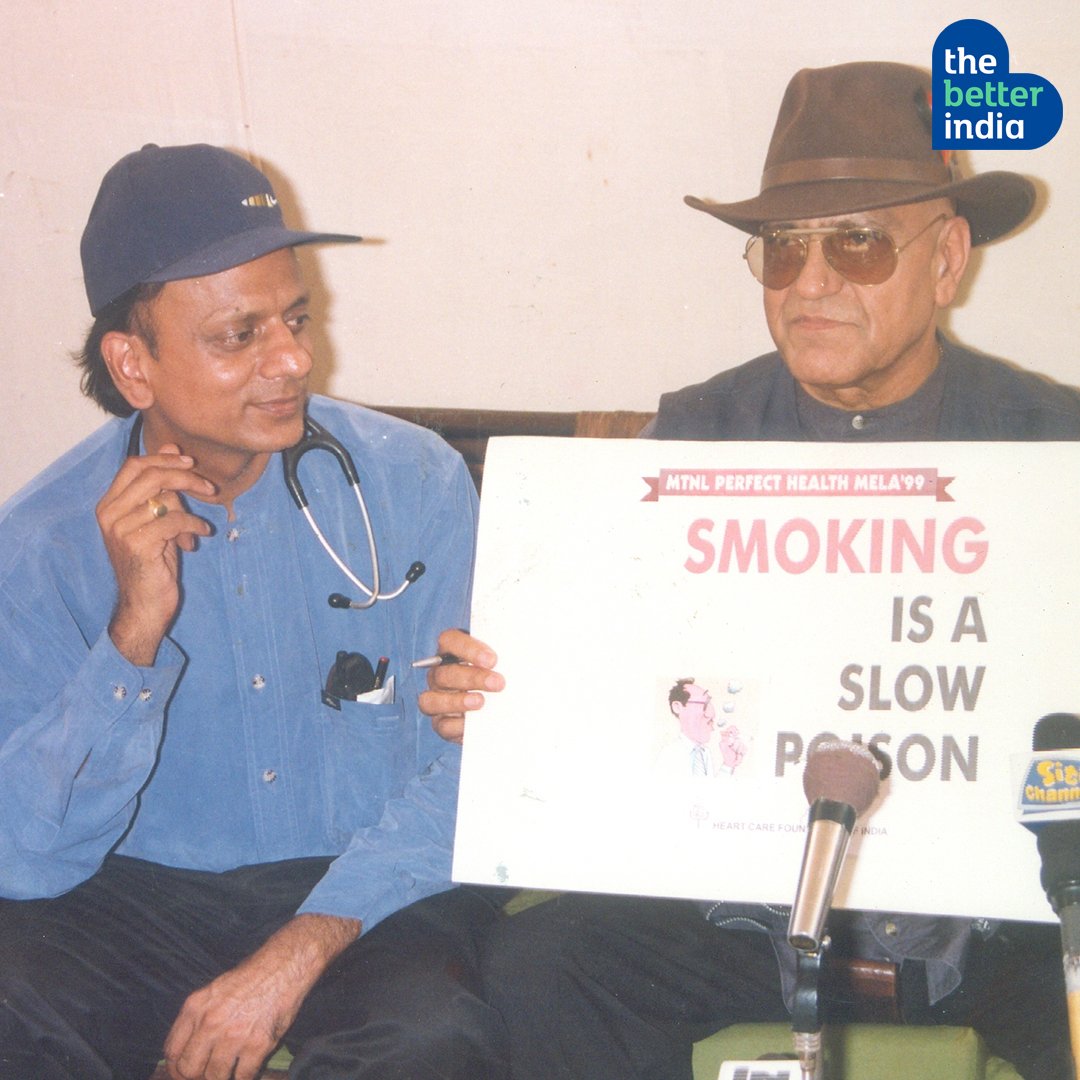
As the Head of the Heart Care Foundation of India (HCFI) and former president of the Indian Medical Association, he did groundbreaking work such as streptokinase therapy for managing heart attacks & introducing the colour doppler echocardiography technology in the country. (3/10) 

Very soon, my brother and I realised that we weren’t his only family. He formed a bond with everyone he met — from patients to colleagues, government officials and healthcare experts. He was made for something larger. (4/10) 

He came from a humble background with no privileges, but made sure his children got everything they wanted by making strides in his profession with sheer merit and intelligence. (5/10) 

When the coronavirus pandemic hit India, he decided to use the internet to spread the right information to mitigate fear and panic among the people. Even though he was so well-known, not once did he force us to follow in his footsteps. He gave us a choice. (6/10) 
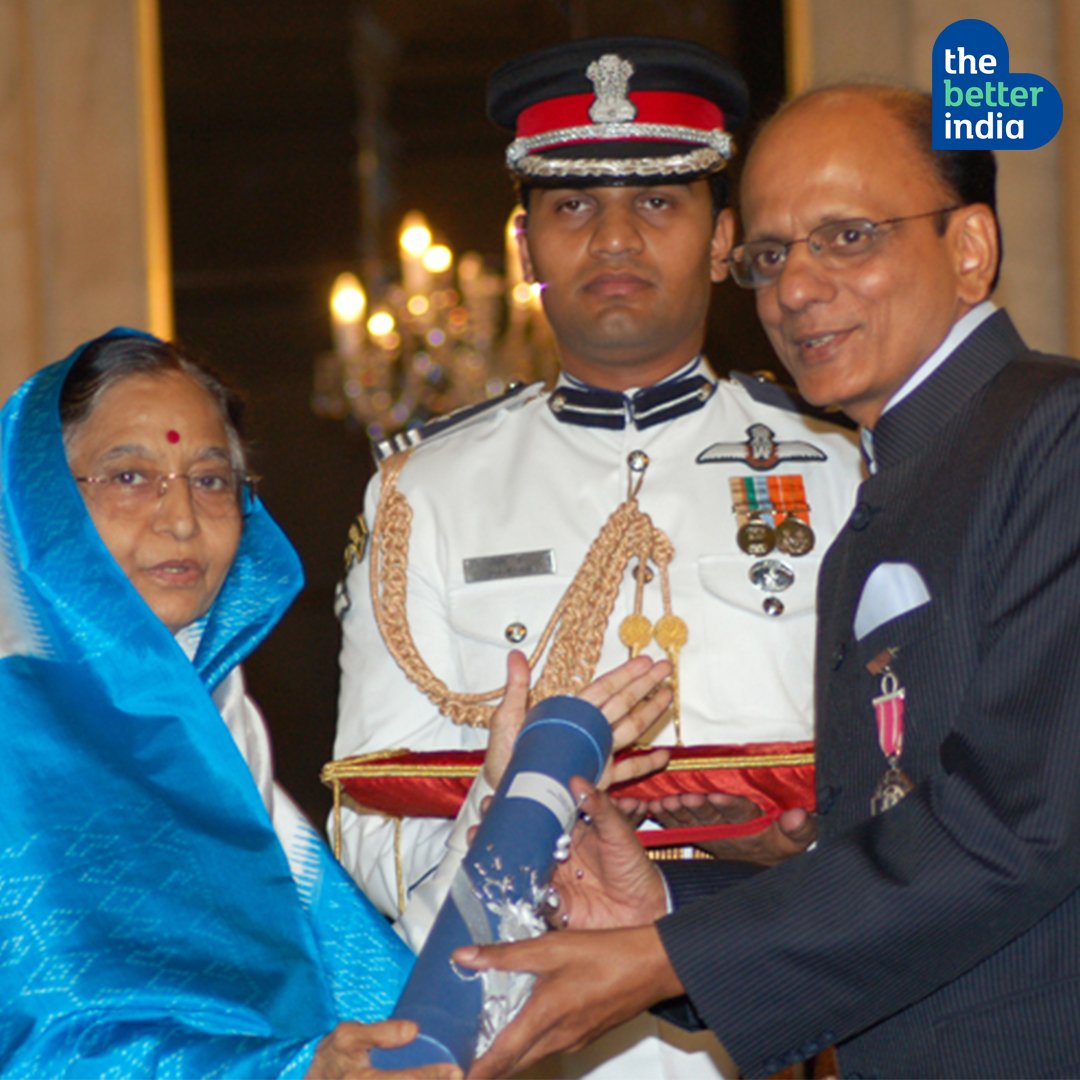
It was because of him that I decided to join the media industry, because I saw how the media used his words to spread awareness.
Our family hardly went on vacations because of his busy schedule, but he spent time with us to teach us the importance of passion & hard work. (7/10)
Our family hardly went on vacations because of his busy schedule, but he spent time with us to teach us the importance of passion & hard work. (7/10)
I really admired his thirst for knowledge and his child-like curiosity to keep learning. I have imbibed the same qualities.
When he passed away due to COVID-19, the entire country mourned his death and celebrated his work. (8/10)
When he passed away due to COVID-19, the entire country mourned his death and celebrated his work. (8/10)
Thousands came forward to express how my father had touched their lives.
The last thing he said to us while he was in the ICU was that we should carry forward his work by providing healthcare through his NGO, HCFI. (9/10)
The last thing he said to us while he was in the ICU was that we should carry forward his work by providing healthcare through his NGO, HCFI. (9/10)
My father, a Padma Shri awardee, was a symbol of hope, and we will strive each day to live up to his legacy.
As told by Naina, daughter of Dr K K Aggarwal. (10/10)
As told by Naina, daughter of Dr K K Aggarwal. (10/10)
• • •
Missing some Tweet in this thread? You can try to
force a refresh



